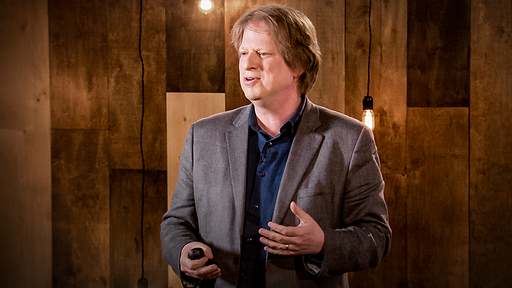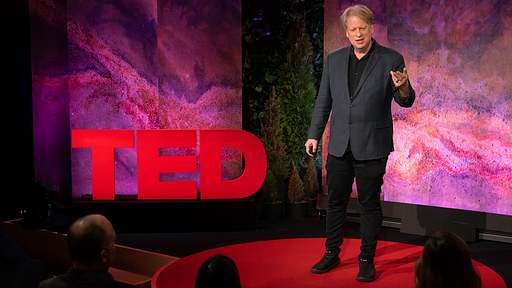Paul Bloom explores some of the most puzzling aspects of human nature, including pleasure, religion and morality.
Why you should listen
In Paul Bloom's newest book,
Psych: The Story of The Human Mind, he provides a compelling, accessible and new perspective on modern psychology, asking questions such as: How does the brain give rise to intelligence and consciousness? What is the function of emotions such as disgust, gratitude and shame? And what can psychology tell us about the most pressing moral and political issues of our time, including belief in conspiracy theories, the role of genes in explaining human differences and the debate around implicit racial bias? In
How Pleasure Works, Bloom explores the often-mysterious enjoyment that people get out of experiences such as sex, food, art and stories. In
Just Babies and
Against Empathy, he examines the nature and origins of our sense of good and evil, and in
The Sweet Spot, he looks at the relationship between suffering and the good life. Much of his writing is about research he does with his colleagues and his students.
Bloom is a passionate teacher, and his popular free course in
Introduction to Psychology on Coursera has had more than a million students. He also presents his research through articles in
The Atlantic, The New Yorker and
The New York Times. As he writes, his interests are "strongly interdisciplinary, bringing in theory and research from areas such as cognitive, social and developmental psychology, evolutionary theory, linguistics, theology and philosophy."



